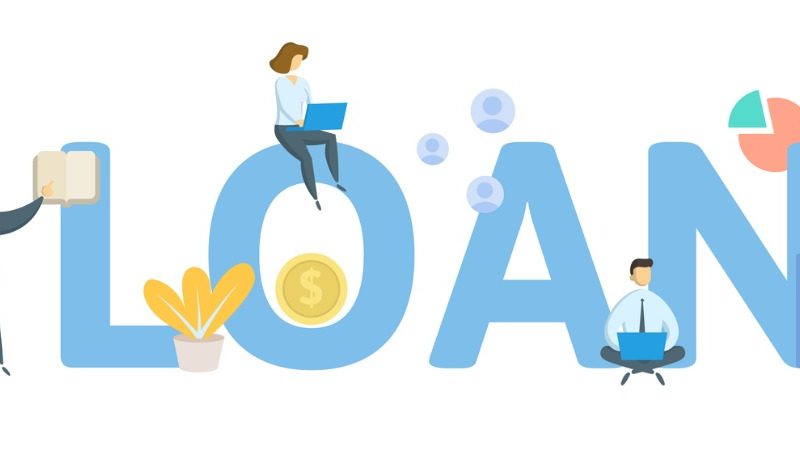Tinker with your mortgage and you could save enough for a holiday to Fiji. Don’t believe us? Read this
Banks rely on us being lazy. In fact they make millions out of Kiwis who through inertia fail to shop around for a better deal. Customer loyalty doesn’t always pay.
Shopping around on your mortgage can really pay off. Imagine telling your friends that you paid for a flash foreign holiday to Fiji just by remortgaging? It happens.
Sure, you got the best rate when you first took your mortgage out. But is it still the best rate?
Get a mortgage broker do the legwork for you. They’re paid by the lenders so cost you nothing. Find one on the Institute of Financial Advisers website.
Hunting down a better deal saved Aucklander Sheona Kearney big bucks on her mortgage. Broker Marilyn Cameron-Oldham of Stepping Stones Financial Services haggled with the banks for a deal that left Kearney $2,000 better off in the short term and paying a lower interest rate.
Cameron-Oldham says her client needed to break existing loans, which were on two year fixed terms at 6.15%. The break cost was $4,000, but the new bank was willing to stump up $6,100 in cash, which more than covered that charge.
Legal and valuation costs could have made switching banks expensive. But Kearney had sufficient equity in the property, which meant that the bank accepted the QV Market valuation, says Cameron-Oldham.
It’s not always necessary to switch lenders. Banks can be willing to negotiate because they don’t want to lose the mortgage to the opposition. Kearney’s existing bank almost met the new offer.
Some clients save even more. Not long before Kearney, the mortgage broker refinanced another client refinanced down to 4.25% and a cash payment by the bank of $6,400. On a $700,000 mortgage the mortgage rate reduction in particular made it a no brainer for the client, she says.
To get the best out of your switch or re-fix, here’s what you need to know:
- It’s a chance to have a complete review. If you want to remortgage, review your entire banking/lending. You may be able to save money in a number of ways including going onto a revolving credit loan. Don’t leave out any consumer lending you may have on the car through a finance company or with store cards such as Q Card, Gem Finance, and Farmers Finance Card. Good mortgage brokers will review your overall banking arrangements.
- You might be better off on a variable rate. Fixed rate mortgages are a gamble. You’re waging that you’ll pay less than you would on the variable rate. On the other hand the banks are also gambling, but they have far greater firepower in economists and other experts who predict where rates are going to ensure their bosses make a profit. Invariably the bank wins and you might have been better off on a floating rate all along. However, and this is a big ‘however’, a fixed rate gives you certainty.
- You can haggle on the variable rate. Even if you don’t want to fix, you can still haggle with the bank for a better rate. A modest 0.25% discount can save a huge amount over the life of the mortgage. For example a $500,000 mortgage at 6% over 25 years paid fortnightly comes to a total of $965,893. Exactly the same mortgage at 5.75% comes to $943,115. That’s a saving of $22,778. You can do a lot of sunning yourself in Fiji for that. Or invest it in your KiwiSaver and watch it grow even more.
- You might want to switch to interest only. Interest only loans where you’re not repaying the principal can free up money for renovation, make servicing a mortgage easier after a drop in income, improve cash flow and be tax efficient for investment. Banks aren’t that keen in the current market to allow home owners and investors to go interest-only. But it reduces payments, which can be a good thing if you’ve had a drop in income. Some people want to use the money earmarked for principal payments elsewhere. On the downside, you’re not paying down your principal.
- Making mortgages easier for the self-employed. Lenders often aren’t as keen to lend to self-employed people as those in a full-time-jobs. That’s because self-employed earnings aren’t always transparent. Look for ways to show a pattern of earnings. Being registered for GST helps and so can keeping really good records of your income and expenses.
- There are times when you shouldn’t switch to top up the mortgage. Mortgage debt isn’t good debt if you keep topping it up with consumer purchases. If you’re remortgaging to top up the amount you owe on your credit card, personal loans or car finance then stop. This type of remortgage – AKA debt consolidation – enables you to live beyond your means. But it could well result in your house not being paid off by the time you retire. Ouch. You don’t want to be working until you drop.
Don’t stop there. If you want five-star luxury on your holiday Fiji then start shopping around for better rates on your insurances, mobile phone, landline, internet, electricity and gas and any other regular bills you pay. Even breakdown cover is offered by more than just the AA these days.
- Post Tags:
- better deals
- mortgage
- personal finances
Credit Simple
Credit Simple gives all Kiwis free access to their credit score, as well as their detailed credit report. See how your credit score compares by age, gender and community and gain valuable insights into what it all means.
All stories by: Credit Simple


